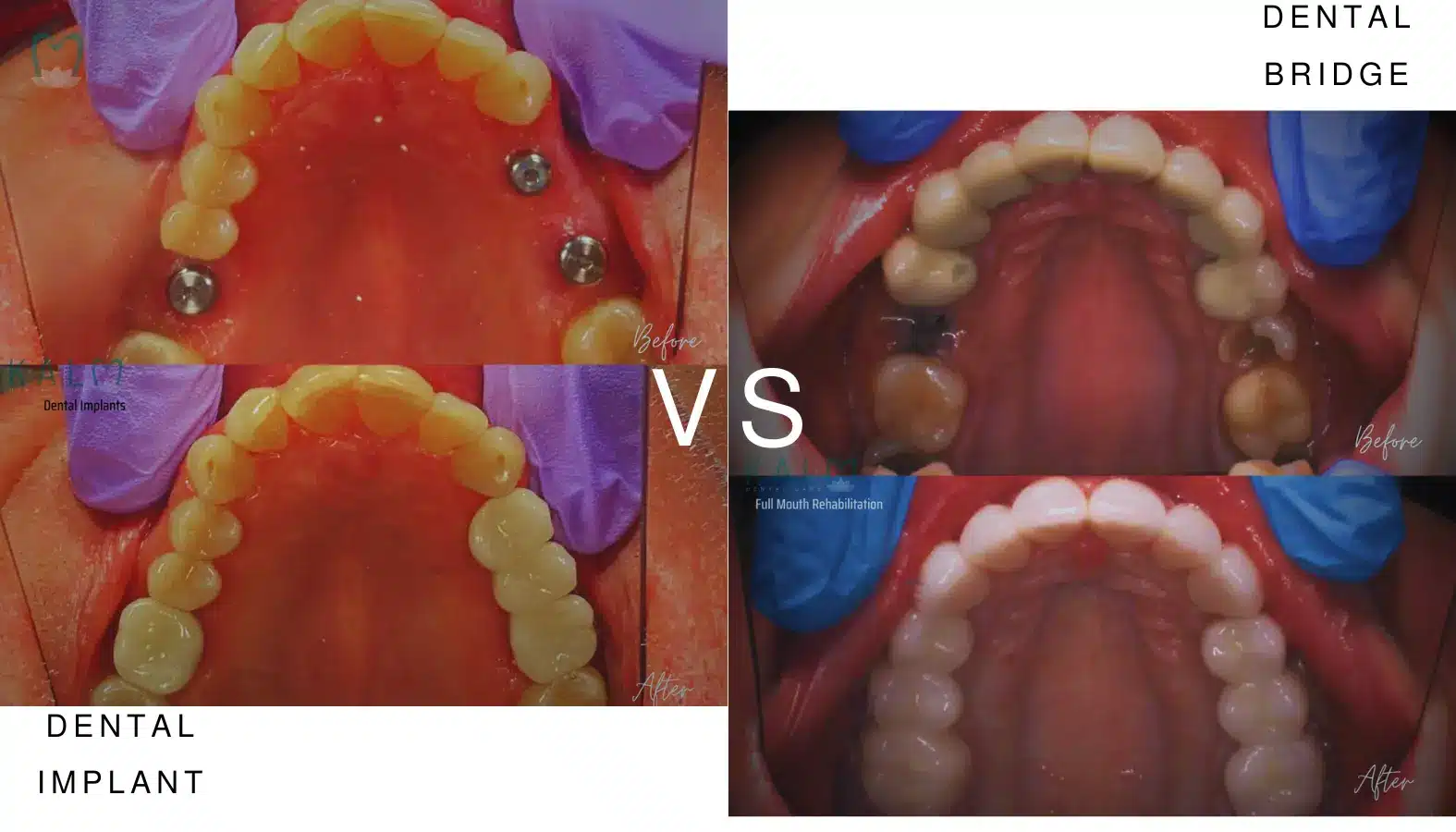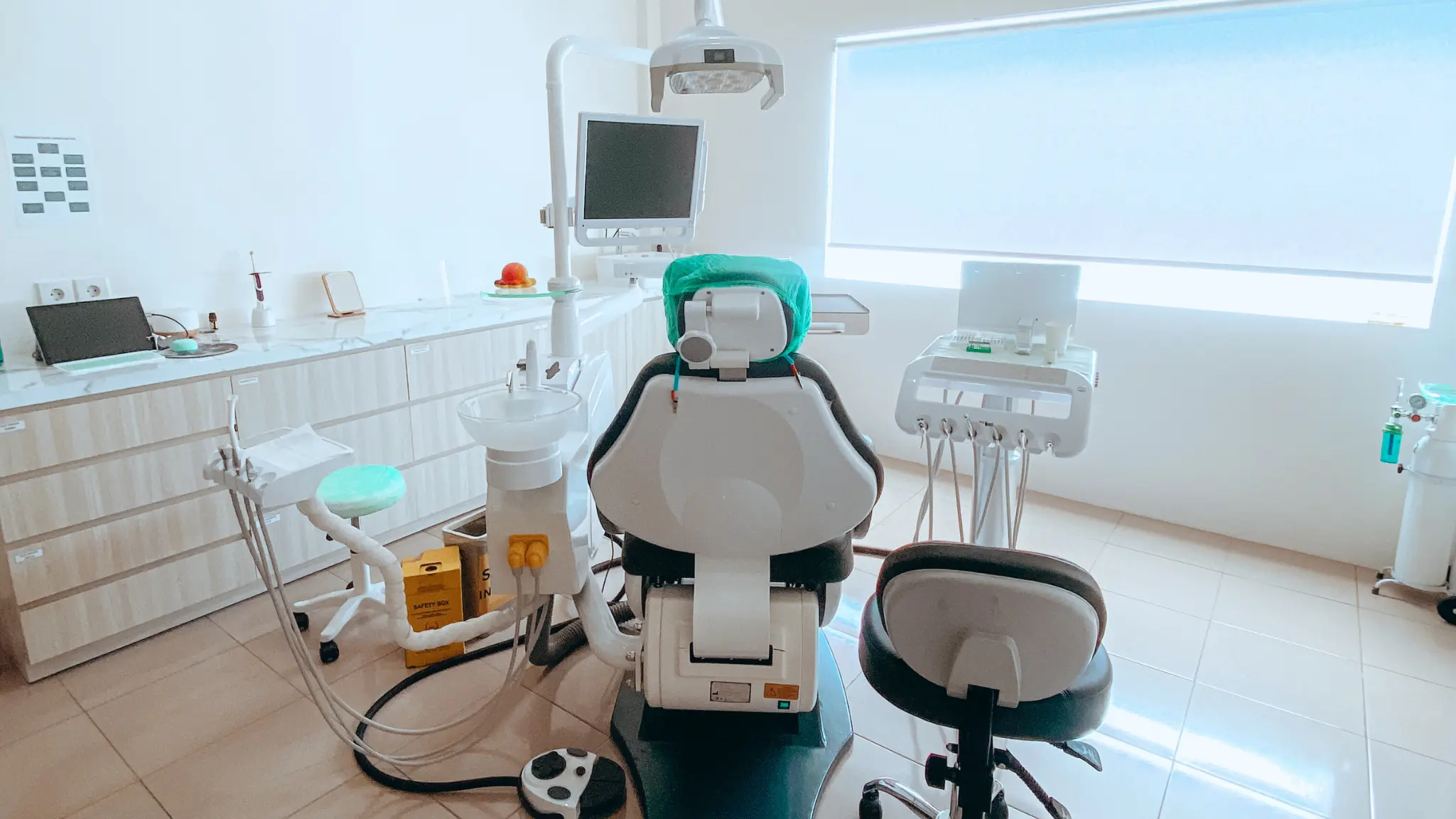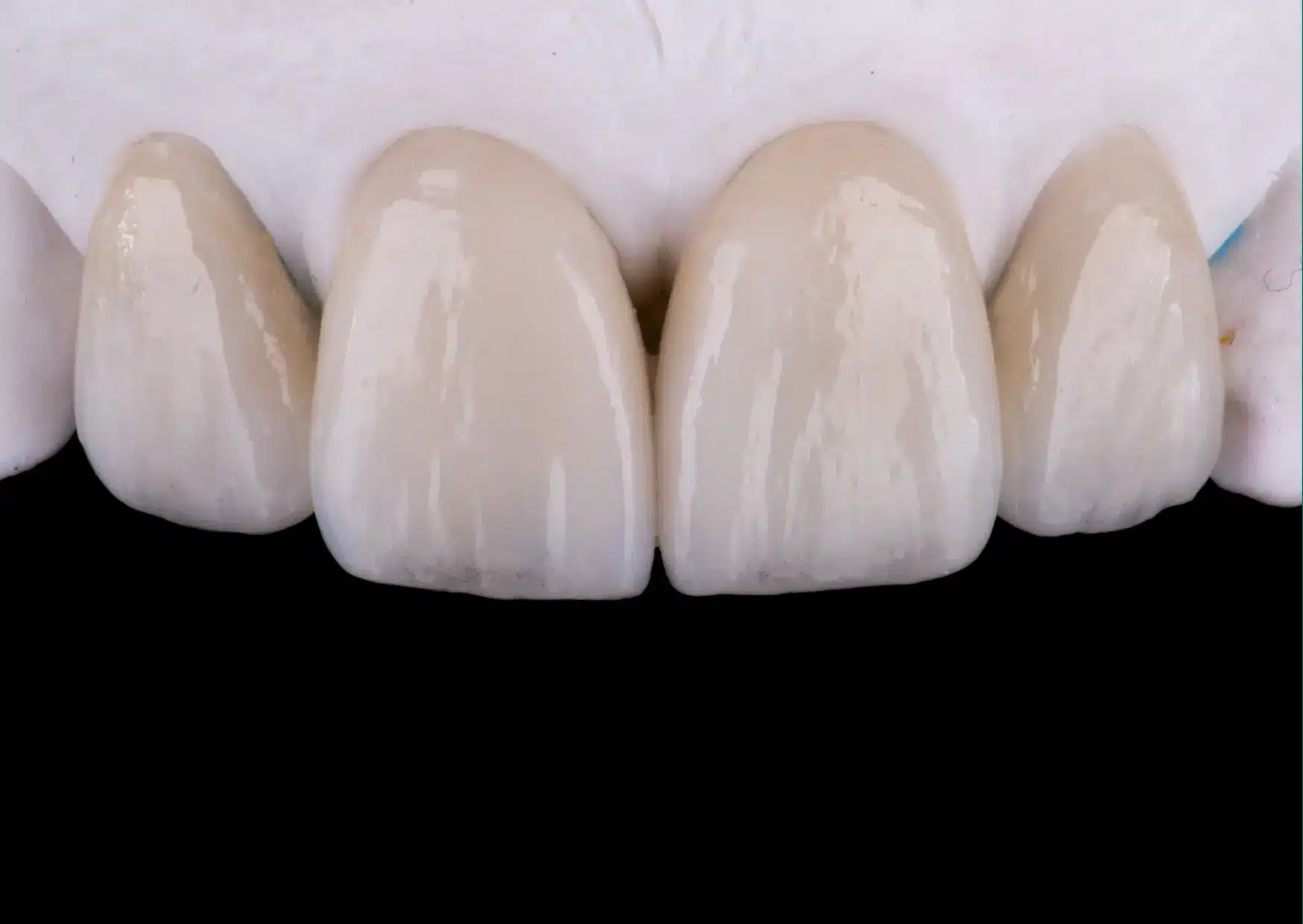Book an Appointment
Dental Implant Healing Stages: Your Comprehensive Guide for a Smooth Recovery
At Kalm Dental Care, we believe that understanding the dental implant healing stages is key to a successful implant journey. Whether you’ve just scheduled an appointment or are exploring your options, this blog will guide you through every phase of the process to make sure you understand what to expect and how to care for your new dental implant.
Why Understanding Dental Implant Healing Stages Is Crucial
Getting a dental implant is more than just placing a new tooth; it’s a multi step process that involves bone integration, gum tissue healing, and proper aftercare. When patients understand each dental implant healing stage, they’re better equipped to:
- Manage expectations: Know what normal healing looks like.
- Avoid complications: Recognize and address any warning signs early.
- Maintain oral hygiene: Follow the recommended aftercare tips to ensure a quicker recovery.
- Ensure your implants last longer: Taking proper care of your new implant will ensure that it lasts for many years.
Overview of the Four Main Dental Implant Healing Stages
Below, we break down the four stages of the dental implant healing stages timeline:
- Immediate Aftercare
- Early Healing (First Few Weeks)
- Osseointegration (Bone Integration)
- Abutment & Final Restoration
Let’s explore each dental implant healing stages in detail.
Stage 1 – Immediate Aftercare
What Happens Right After Surgery
Right after your dental implant surgery, you may experience mild discomfort, swelling, and slight bleeding. This is perfectly normal as your body begins the healing process. During this stage:
- Blood clot formation: A protective clot forms over the surgical site.
- Initial swelling: Your gums and cheeks may appear puffy for up to 72 hours.
- Minor bleeding: Some bleeding is common, especially when rinsing or brushing.
Best Practices for Immediate Aftercare
- Apply ice packs: Reduce swelling by using an ice pack on the cheek for 15 minute intervals.
- Soft diet: Stick to foods like yogurt, mashed potatoes, or smoothies to avoid disturbing the surgical site.
- Gentle oral hygiene: Brush carefully around the implant area, avoiding direct contact with the fresh wound.
- Elevate your head: Sleeping with extra pillows can help minimize swelling.
Proper care during this first phase of the dental implant healing stages sets the foundation for the rest of your recovery process.
Stage 2 – Early Healing (First Few Weeks)
Tissue Regeneration and Gum Healing
During the first two to four weeks, the gums start to reattach and heal around the implant. You may notice reduced swelling and a gradual return to normalcy. This is a critical period because:
- Gum tissue is repairing itself around the implant and sutures.
- Sensitivity in the implant area might still be present.
- Bone cells begin to form around the implant (preparing for osseointegration).
Tips for a Healthy Early Healing Phase
- Continue a soft food diet: Gradually introduce semi-soft foods, but avoid anything crunchy or hard that could disrupt the implant.
- Maintain oral hygiene: Brush twice daily, floss gently, and use a recommended antimicrobial mouthwash.
- Avoid strenuous activities: Intense exercise or heavy lifting may increase blood flow and interfere with healing.
Consistency in aftercare is vital during these dental implant healing stages to ensure the best outcomes.
Stage 3 – Osseointegration (Bone Integration)
What Is Osseointegration?
Osseointegration is the process where your jawbone grows around the implant post, securing it firmly in place. This stage can take anywhere from 3 to 6 months or even longer for some patients, depending on factors like bone density and overall health.
Ensuring Successful Bone Integration
- Regular check-ups: Visit Kalm Dental Care for follow-up appointments to monitor progress.
- Avoid smoking: Smoking slows down bone healing and can compromise implant stability.
- Stay mindful of symptoms: Persistent pain, swelling, or unusual sensations could indicate complications, contact your dentist immediately.
This particular phase of the dental implant healing stages is critical, as proper osseointegration determines the long-term success of your implant.
Stage 4 – Abutment & Final Restoration
As the last step of the dental implant healing stages, final restoration transforms your implant into a functional, natural-looking tooth replacement.
Placing the Abutment
After osseointegration is confirmed, your dentist will place the abutment, the connector between the implant post and the crown. You may need a minor procedure to expose the implant and attach the abutment, which usually takes just one visit.
Final Crown Placement
Once your abutment is in place, your custom crown is fitted to match the color, shape, and size of your natural teeth. At this point, your smile is nearly complete. With proper care, your implant can last a lifetime.
Tips for a Smooth Dental Implant Healing Process
Maintain Excellent Oral Hygiene
- Brush twice daily with a soft-bristled toothbrush.
- Floss or use interdental brushes to clean between teeth and implants.
- Use a non-alcoholic, antimicrobial mouthwash to reduce bacterial buildup.
Follow a Healthy Diet
- Nutrient rich foods like lean proteins, leafy greens, and dairy can support faster bone and tissue healing.
- Stay hydrated to help flush out bacteria and maintain good oral health.
Commit to Regular Dental Visits
- Routine check-ups allow your dentist to spot potential issues early.
- Professional cleanings ensure no plaque or tartar compromises your implant.
Avoid Bad Habits
- Stop smoking or using tobacco, as it can significantly slow healing and lead to implant failure.
- Limit alcohol and sugary drinks, which can increase oral bacteria.
By incorporating these tips throughout each of the dental implant healing stages, you’ll maximize your chances of a successful outcome.
Frequently Asked Questions (FAQs) About Dental Implant Healing
How Long Does Dental Implant Healing Take?
Is Pain Normal During the Healing Process?
Can I Resume My Normal Diet Right Away?
How to Change my Photo from Admin Dashboard?
What If I Notice Excessive Swelling or Bleeding?
Feel free to contact our team for any concerns regarding the dental implant healing stages and what to expect at each phase.
Why Choose Kalm Dental Care for Your Dental Implant Journey
Expert Team and Personalized Care
At Kalm Dental Care, our dedicated dentists and staff have extensive experience in dental implant procedures. We tailor each treatment plan to your specific needs, ensuring a comfortable and stress free experience.
Advanced Technology
From digital imaging to modern surgical techniques, we use the latest equipment for accurate diagnoses and optimal implant placement.
Comprehensive Aftercare Guidance
Our commitment goes beyond the procedure. To ensure successful healing, we offer postoperative care instructions, follow-up appointments, and ongoing support. rust our expertise to guide you through all dental implant healing stages from start to finish.
Conclusion: Take the Next Step Toward a Healthy, Confident Smile
Understanding the dental implant healing stages is essential for a smooth recovery and long-lasting results. By adhering to aftercare guidelines, maintaining good oral hygiene, and consulting with our skilled team at Kalm Dental Care, you can enjoy the benefits of a fully restored, confident smile.
Book an Appointment
Embrace the dental implant healing stages with confidence and discover the life-changing difference a stable, beautiful implant can make in your daily routine.
Additional Resources
- Dental Implants 101: Everything you need to know about the implant procedure.
- Oral Hygiene Tips: Best practices for brushing, flossing, and rinse routines.
- Patient Testimonials: See what our patients say about Kalm Dental Care’s implant services at our home page.
Disclaimer
This blog post is intended for informational purposes only and should not replace professional medical advice. Consult your dentist or healthcare provider for personalized guidance specific to your needs.






